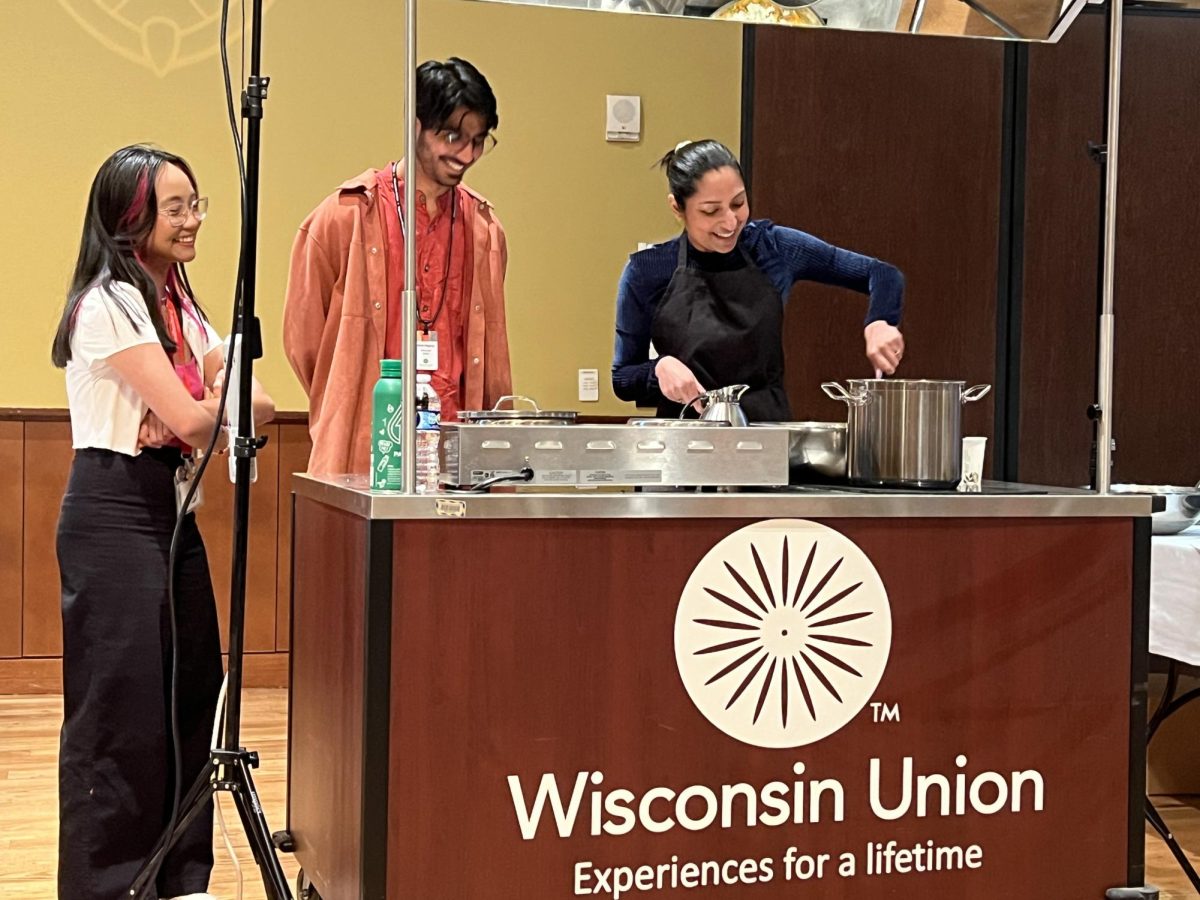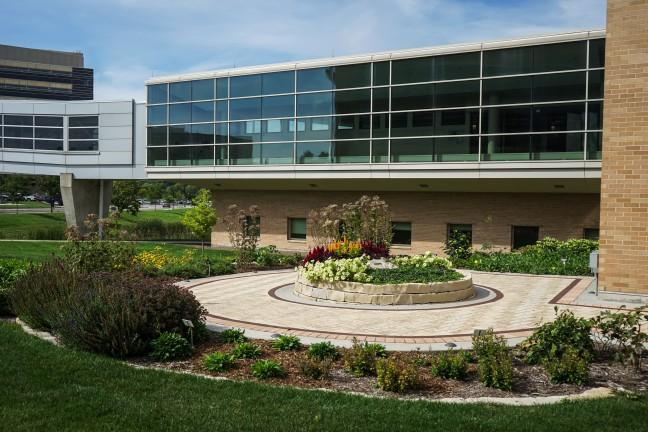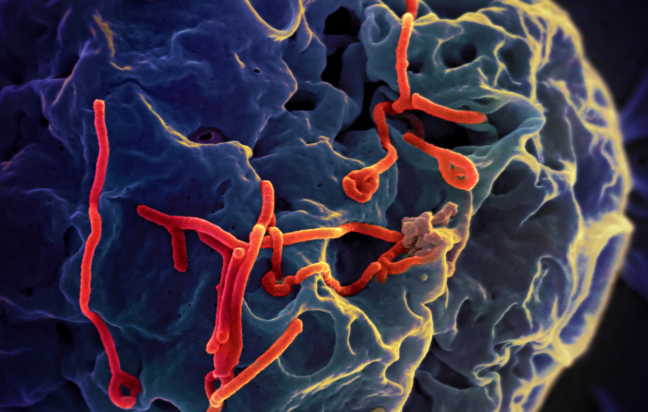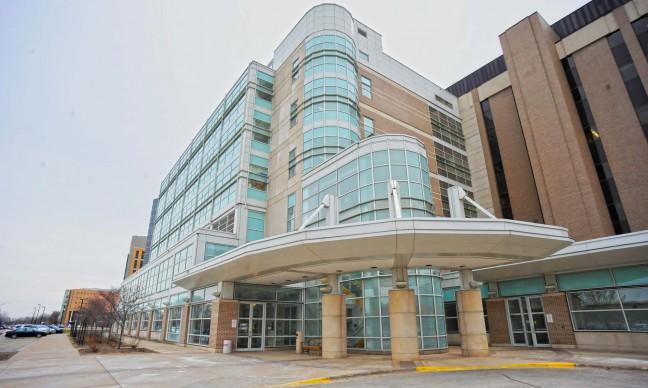Members of the University of Wisconsin community weighed bioethical issues in a wrap-up event for the campus-wide Go Big Read program during a panel titled “Who Owns My Body and Where is It Now”?
Experts from around the country offered perspectives on Rebecca Skloot’s nationally acclaimed “The Immortal Life of Henrietta Lacks,” which tells the story of segregation and inequality in America 60 years ago when a black woman’s cells were used without permission for decades of scientific research.
The panel was part of a weekend-long forum hosted by the Wisconsin Alumni Research Foundation and also featured film viewings and discussions, a mock institutional review board and keynote speakers.
The events aimed to draw attention to the ethical issues presented in Skloot’s novel and analyze their modern applications, a statement from WARF said.
“‘Who Owns My Body and Where is It Now?’ [explored] questions raised in the bestseller, which tells the story of the unique cells of a black woman who died 60 years ago that are still living and widely used in labs around the world today,” the statement said. “The event is intended to spark community awareness and discussion of issues related to body part ownership, race in medicine, the biomaterials business and scientific process.”
Panelists included a wide array of experts of law, medicine, donor services and organ procurement organizations.
One panelist said the issue of physical body parts as property is still a highly contentious issue in contemporary society.
“Who owns one’s body? No one. Not even the person with that body,” UW law professor Shubha Ghosh said during the discussion.
The question of Lacks’ entitlement to the millions of dollars gleaned from the commercialization of her tissue introduced complex legal issues. Ghosh said when considering property relationships, Henrietta Lacks did not provide any labor, meaning simply providing the materials did not ensure any entitlement under the law.
Still, Ghosh said the issue remains unclear because it is very hard to separate the notion of body from self in respect to autonomy.
UW professor of medical history and bioethics Dayle DeLancey said the questions raised through Lacks’ story are a call for community discussion and go beyond a simple debate of property rights.
“This book poses a particular dilemma in whether or not her soul is in those cells and whether or not her family believes this,” DeLancey said.
DeLancey said because people are generally doubtful about the “touch-and-go” ethics involved in medical research, there is a need for community input in medical decisions, particularly in regard to research.
Martha Anderson, executive vice president of Donor Services at the Musculoskeletal Transplant Foundation, said the organization still struggles with families questioning the commerciality of organ donation.
Anderson said the ways her organization obtains consent has changed over time, and now people can decide if and what to donate before their death.
Timothy Kamp, UW medical school professor and director of the Wisconsin Stem Cell and Regenerative Medicine Center, questioned the depth of scientific knowledge that Lacks’ cells brought to scientific discoveries. He said science would not have been able to move forward as quickly had it not been for the reproducibility of those cells.
“Is there still more to learn? To say that there’s a lot to learn is an understatement,” Kamp said.



















